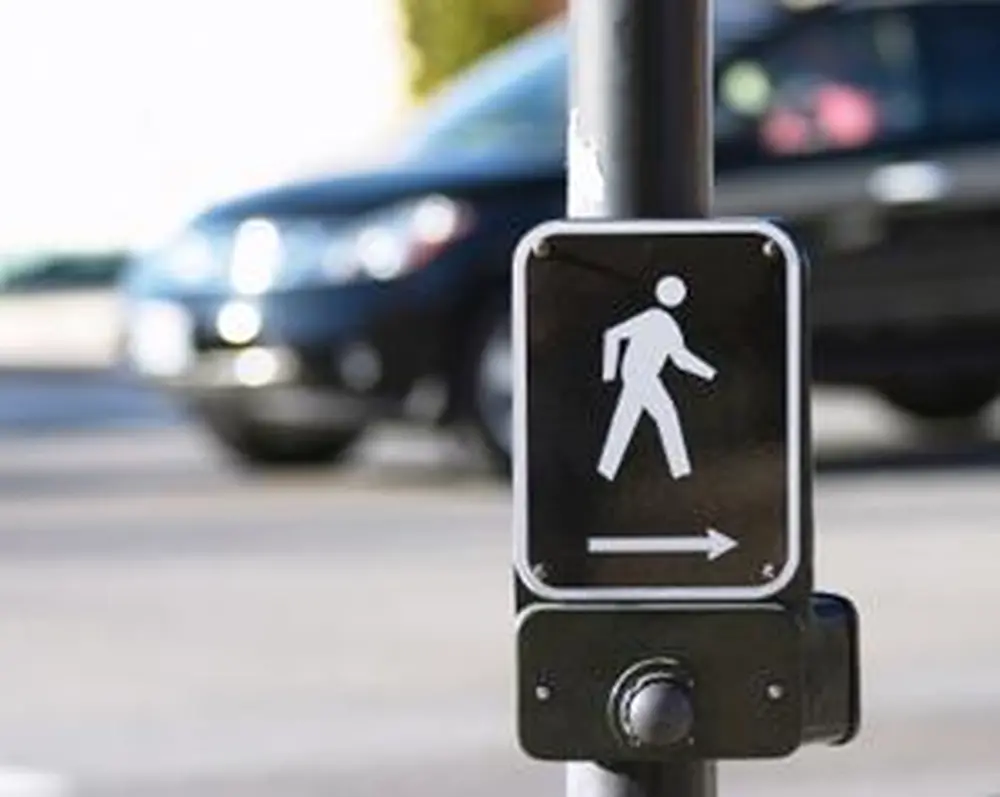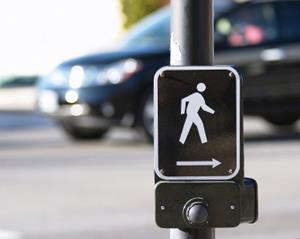

If your weight has become an issue, think about driving to your next destination—driving less, that is. A new study by University of Illinois researchers indicates that curbing your driving habits can be just as effective as dieting.
The study, led by computer science and mathematics professor Sheldon H. Jacobson, found that reducing the amount of daily automobile travel by even a small amount correlates with a reduction in body mass index (BMI), in the same way that dieting does.
“We’re saying that making small changes in travel or diet choices may lead to comparable obesity reduction, which implies that travel-based interventions may be as effective as dietary interventions,” says graduate student Banafsheh Behzad, a co-author of the study, published in the journal Preventive Medicine.
The researchers used publicly available data on national average BMI, caloric intake, and driving habits. To capture the complexity in the relationship among the three variables, they developed a multivariable model showing how calories consumed and miles driven correlate with BMI.
They found that if all adults in the United States drove one mile less per day, the model predicted an associated decrease in the national average BMI by 0.21 kg/m2 after six years. (The national average BMI in 2010, the most recent data available, was 27.55.) In comparison, reducing diet by 100 calories per day would be associated with reducing national average BMI by 0.16 kg/m2 after three years.
BMI is based on a math formula that factors height (multiplied by itself) and weight. It’s considered an effective way to measure obesity in a population, according to the Centers for Disease Control and Prevention. A BMI of 30 or above is considered obese; 25-29.9 is overweight; and 18-24.9 is normal.
Even a modest decrease in BMI, like that predicted by the model, could represent significant cost savings. If drivers nationwide traveled one mile less by car each day, not only would fuel consumption fall, but annual health care costs could drop by billions of dollars as fewer people would be classified as obese or overweight, Jacobson estimates.
Walking to the bus stop or parking in a lot a little further from your destination could have an impact just like turning down that extra cookie for dessert.
“Any time a person sits behind the wheel of a car, it’s one of the most docile activities they can do in a day,” Jacobson says. “The automobile is the quickest mode of transportation we have. But a consequence of this need for speed in getting things done may be the obesity epidemic.”


